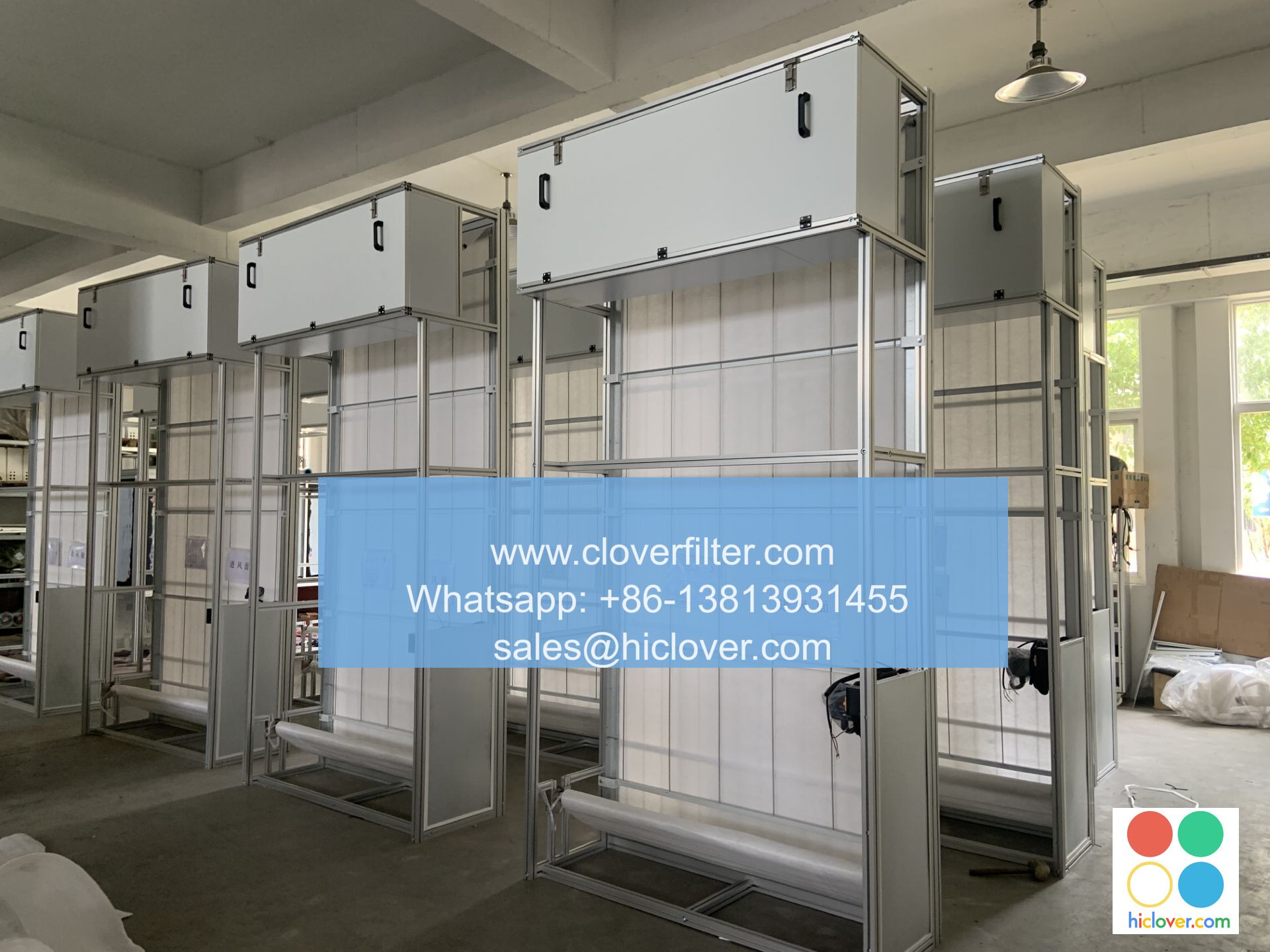Air Filter Pressure Drop: A Key Factor in System Reliability for Industrial Applications

Air filter pressure drop is a critical parameter in industrial applications, playing a significant role in ensuring system reliability, energy efficiency, and cost savings. In this article, we will delve into the importance of air filter pressure drop, its impact on various industrial applications, and the benefits of optimal filter selection and regular maintenance.
##
Understanding Air Filter Pressure Drop
Air filter pressure drop refers to the difference in pressure between the inlet and outlet of an air filter, typically measured in Pascals (Pa) or inches of water gauge (in.wg). It is a key indicator of the filter’s resistance to airflow and its ability to remove contaminants from the air stream. A higher pressure drop can lead to reduced airflow rates, increased energy consumption, and decreased system performance.
##
Industrial Applications and Air Filter Pressure Drop
Air filter pressure drop has significant implications for various industrial applications, including:
* Power generation: Air filters with high pressure drop can lead to reduced turbine efficiency and increased fuel consumption.
* Chemical processing: Inadequate air filtration can result in contaminant ingress and process downtime.
* Pharmaceutical manufacturing: High-efficiency air filters with low pressure drop are essential for maintaining cleanroom environments and ensuring product quality.
* Food and beverage processing: Air filters with optimal pressure drop help maintain sanitary conditions and prevent contamination.
##
Benefits of Optimal Filter Selection and Regular Maintenance
Selecting the right air filter and performing regular maintenance can have numerous benefits, including:
* Improved system reliability: Reduced pressure drop leads to increased airflow rates and lower energy consumption.
* Cost savings: Extended filter life and reduced replacement costs contribute to lower operating expenses.
* Enhanced indoor air quality: Effective air filtration helps remove particulate matter, gases, and odors from the air stream.
* Increased productivity: Reduced downtime and process interruptions result from optimal air filter performance.
##
Best Practices for Air Filter Selection and Maintenance
To ensure optimal air filter performance and minimize pressure drop, follow these best practices:
* Conduct regular filter inspections to monitor condition and performance.
* Choose the right filter type and size for the specific application.
* Implement a preventive maintenance schedule to replace filters at recommended intervals.
* Monitor system performance and adjust filter selection and maintenance strategies accordingly.
By understanding the importance of air filter pressure drop and implementing best practices for filter selection and maintenance, industrial facilities can ensure reliable system operation, energy efficiency, and cost savings, while maintaining high-quality indoor air and process productivity. It looks like you forgot to include a prompt. Please go ahead and provide one, and I’ll be happy to help!

